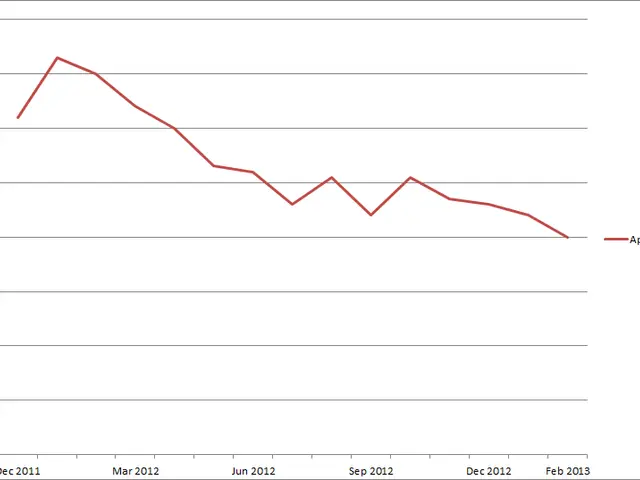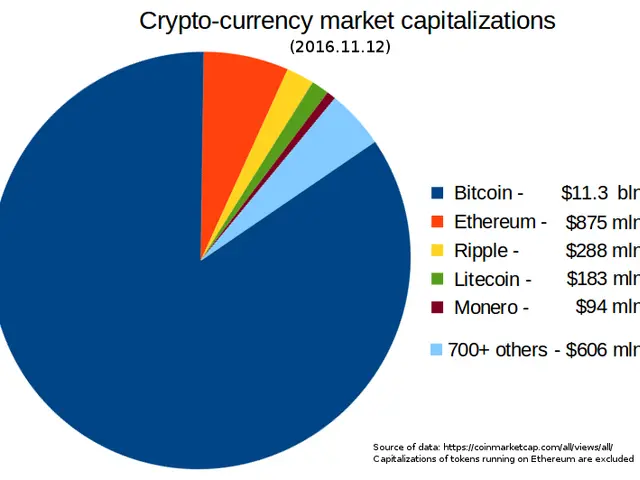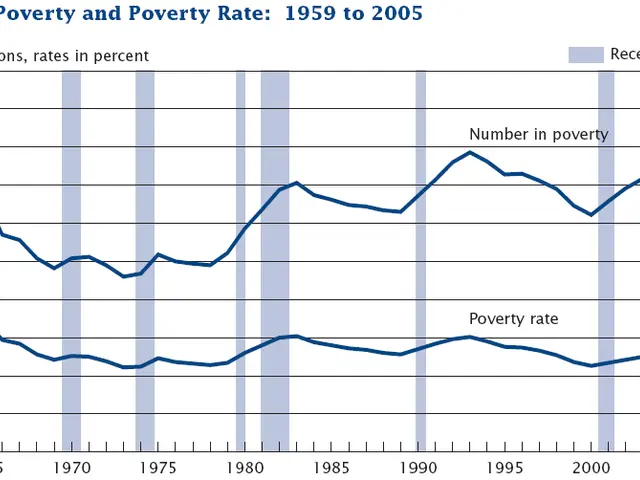Forced Solar Tariff Switches for EVN Customers
In a move that has sparked controversy among photovoltaic (PV) plant operators in Austria, the energy provider EVN has announced a transition from a feed-in tariff (FiT) system to a market-oriented tariff system.
According to EVN spokesperson Stefan Zach, the previous 1:1 tariff for PV plants was no longer economically sustainable. In response, EVN has introduced a new tariff system called "SonnenStromMonat," which adjusts monthly based on the Austrian Electricity Price Index (ÖSPI).
This change has significant implications for PV plant operators, who will move from a guaranteed fixed payment under the FiT scheme to receiving revenues based on prevailing market electricity prices. This shift introduces greater financial uncertainty and risk tied to market fluctuations.
Operators may need to actively participate in electricity markets or sign power purchase agreements (PPAs) to secure stable revenues. Strategies such as integrating energy storage or demand-response management could become critical to optimising profitability amid changing price signals.
However, many PV plant operators feel blindsided by EVN's decision. Some have voiced their displeasure, with one customer stating that they feel cheated by the change. The number of PV plants in Austria has significantly increased, from 40,000 in 2020 to over 120,000 today, making the impact of this decision even more significant.
Without a valid feed-in contract, PV plants must be disconnected from the grid, a legal requirement according to EVN. Affected customers must sign a new contract by the end of April to avoid having their power plant shut down.
EVN is encouraging customers to act quickly through clear communication. Around 80% of the approximately 80,000 affected households have already agreed to the new tariff system.
The total capacity of these PV plants exceeds that of the four Danube power plants, according to Zach. Despite this, the change in tariff system has led to a wave of operators planning to switch providers.
The controversy surrounding EVN's decision highlights the challenges faced by renewable energy operators as they navigate the shift towards market-based tariffs. This transition aligns with broader European trends towards market integration and innovative business models supporting renewable energy deployment.
[1] European Commission. (2020). Innovative financing models for renewable energy projects. Retrieved from https://ec.europa.eu/energy/en/topics/renewable-energy/innovative-financing-models-renewable-energy-projects [3] European Network of Transmission System Operators for Electricity (ENTSO-E). (2020). Capacity allocation and congestion management rules. Retrieved from https://www.entsoe.eu/market-codes/capacity-allocation-and-congestion-management-codes [4] European Commission. (2019). Clean Energy Package. Retrieved from https://ec.europa.eu/energy/en/topics/renewable-energy/clean-energy-package








